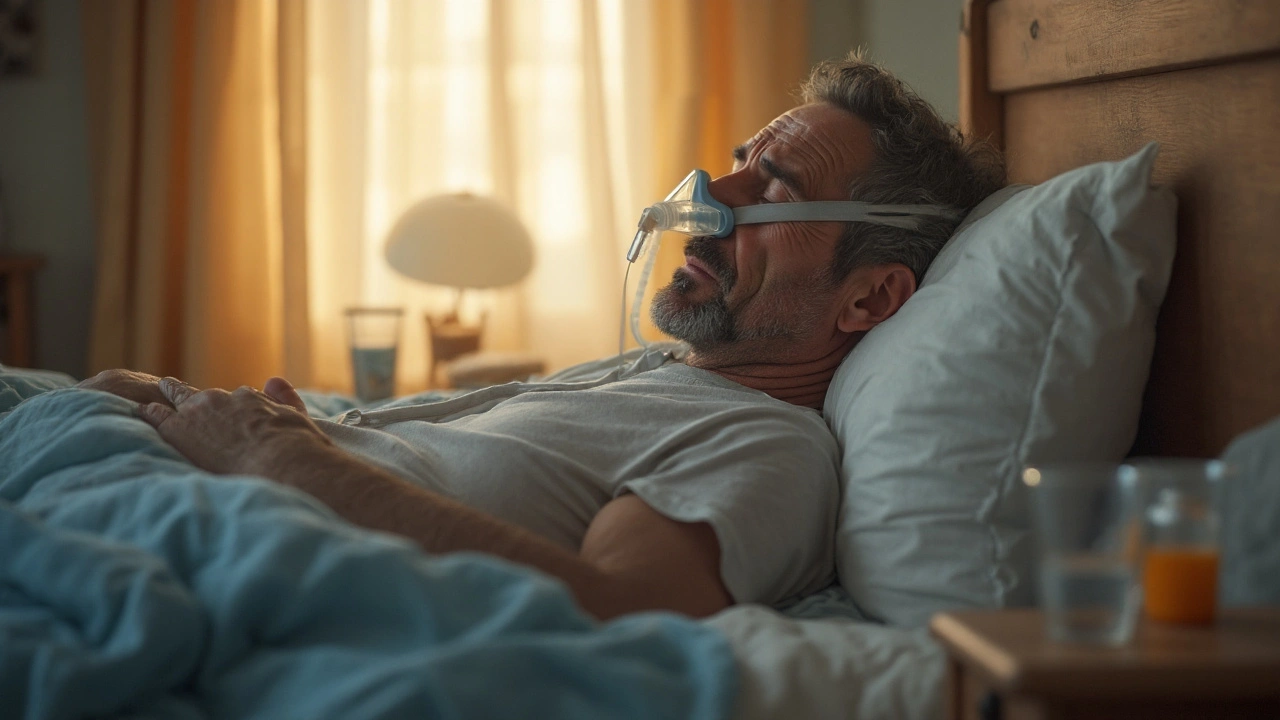Ropinirole Side Effects: What You Need to Know
If you’ve been prescribed ropinirole for Parkinson’s disease or restless legs, you’ve probably wondered what side effects might show up. Knowing the signs early can save you a lot of hassle and keep your treatment on track.
Typical side effects you might feel
Most people notice mild symptoms during the first few weeks. The most common ones are:
- Nausea or vomiting – Your stomach may protest when you start the drug.
- Dizziness or light‑headedness – Especially when you stand up quickly.
- Sleepiness or fatigue – Ropinirole can make you feel tired, so plan low‑key activities at the start.
- Dry mouth – Keep a water bottle handy.
These effects usually fade as your body adjusts. If they linger more than a week or get worse, call your doctor.
Rare but serious reactions
While they’re not common, some side effects need immediate attention:
- Sudden mood changes – Depression, anxiety, or even hallucinations can happen.
- Uncontrolled urges – Impulse‑control issues like compulsive gambling or shopping have been reported.
- Heart problems – Chest pain, irregular heartbeat, or fainting are red flags.
- Severe allergic reaction – Look for rash, itching, swelling, or trouble breathing.
If any of these appear, seek medical help right away.
Another thing to watch for is a sudden increase in Parkinson’s symptoms after a dose change. That could mean the dose is too high or your body isn’t handling the medication well.
Because ropinirole affects dopamine, it can also interact with other drugs that touch the same pathway. Tell your pharmacist about every prescription, over‑the‑counter pill, and supplement you use.
Tips to ease side effects:
- Take the first dose with food if nausea bothers you.
- Stand up slowly to reduce dizziness.
- Schedule the dose that makes you sleepy at night.
- Stay hydrated to combat dry mouth.
- Keep a symptom diary – note when you feel off and what you ate or did.
If side effects linger, your doctor may lower the dose, split it into smaller amounts, or try a different medication.
Remember, you don’t have to suffer in silence. Open communication with your healthcare team is the fastest way to find a balance that works for you.
Ropinirole can be a powerful tool for managing Parkinson’s and restless legs, but like any drug, it comes with a profile of possible reactions. By staying aware of both the everyday and the rare side effects, you give yourself the best chance to stay healthy and keep moving forward.

Ropinirole and Sleep Apnea: Essential Facts for Patients
Learn how Ropinirole may affect sleep apnea, the signs to watch for, and practical steps to stay safe while treating Parkinson's or restless legs syndrome.
View More




